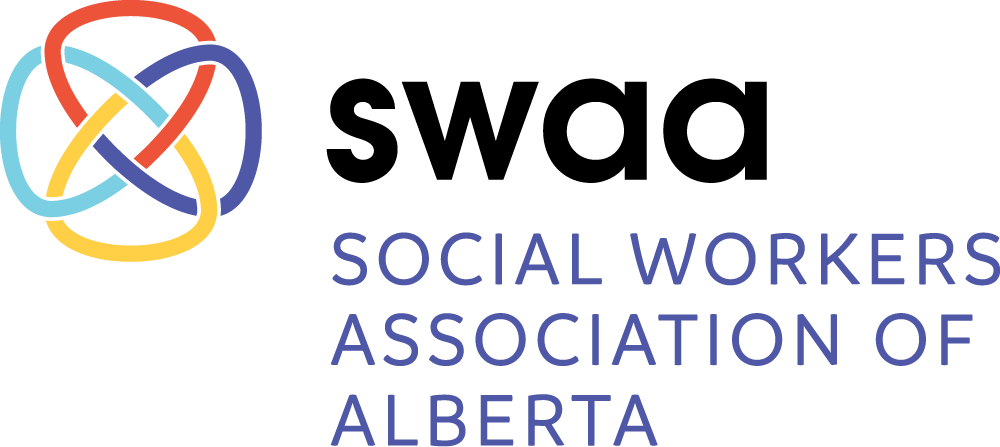International Day of the World’s Indigenous Peoples.
Honouring Self‑Determination: A Pathway to Food Security and Sovereignty
Each year on August 9, the world observes the International Day of the World’s Indigenous Peoples to celebrate the richness of Indigenous cultures and to draw attention to the injustices that many Indigenous communities continue to face. Declared by the United Nations in 1994, this day marks the first meeting of the UN Working Group on Indigenous Populations in 1982, a pivotal moment in global Indigenous advocacy.
Indigenous peoples comprise over 476 million individuals across more than 90 countries, representing over 5,000 unique cultures. They are the custodians of 80% of the world’s remaining biodiversity, and their worldviews, languages, and knowledge systems have sustained ecosystems for generations. Yet, despite their profound contributions to humanity and the environment, Indigenous communities remain disproportionately affected by poverty, land dispossession, environmental degradation, and systemic discrimination.
In 2025, the official UN theme is “Indigenous Peoples’ Right to Self-Determination: A Pathway for Food Security and Sovereignty”, recognizing that Indigenous governance, stewardship, and food systems are essential. Today, we honour Indigenous leadership in governing land, water, seeds, and knowledge systems that sustain communities and biodiversity. Let us uphold the UNDRIP, respect Free, Prior and Informed Consent, and invest in Indigenous‑led food sovereignty initiatives.
Self-determination empowers Indigenous peoples to control their lands, resources, and food systems. Many Indigenous communities around the world practice agroecology, traditional fishing, hunting, and harvesting in ways that support biodiversity and climate resilience. Recognizing their sovereignty over these systems not only reinforces cultural continuity but also contributes to global food security.
This day is also an opportunity to confront ongoing colonial structures. Across continents, Indigenous communities continue to fight for sovereignty, protection of sacred lands, and justice for historical and ongoing human rights violations.
Our Role and Responsibility
In Canada, Indigenous food sovereignty is deeply tied to land access, treaty rights, and UNDRIP implementation. First Nations, Inuit, and Métis initiatives, from fishery co-management to traditional food gardens, embody self-determination in practice. However, these efforts face structural barriers, including legal restrictions, resource extraction, and climate disruption.
As Amnesty Canada notes, UNDRIP provides a framework to reclaim authority across governance, justice, and cultural continuity, but meaningful implementation must be co-developed with Indigenous Nations, not imposed from above
While Canada is a signatory to the United Nations Declaration on the Rights of Indigenous Peoples (UNDRIP), implementation remains inconsistent. True recognition of Indigenous rights involves upholding Free, Prior, and Informed Consent, respecting Indigenous laws and governance, and supporting efforts toward language revitalization and cultural resurgence.
This day reminds us of the deep interconnection between Indigenous resurgence and environmental justice. Land defenders, many of whom are young and Indigenous, are at the forefront of resistance against pipelines, mining, and climate destruction. Their work reaffirms that Indigenous sovereignty is not only a human rights imperative but an ecological necessity.
What You Can Do
Educate Yourself and Others: Learn about the histories and ongoing realities of Indigenous peoples locally and globally.
Learn about Indigenous food systems in your region: Understand local land stewardship and traditional harvesting practices.
· Support Indigenous-led food sovereignty initiatives: Donate to or engage with community gardens, land-back campaigns, and cultural exchanges.
Advocate for Rights and Recognition: Push for the full implementation of UNDRIP in local and federal policy.
· Center Indigenous voices: in conversations about land, governance, and sustainability: Listen to and share the perspectives of Indigenous farmers, hunters, elders, and youth.
Celebrate Indigenous Knowledge: Attend events, read Indigenous literature, and engage with Indigenous art and storytelling.
Final Reflection
August 9 is not only a day of visibility, but it is also a declaration: Indigenous peoples must not only be acknowledged but also respected as the rightful stewards of land, food, and governance. As the 2025 theme affirms, self-determination is more than choice; it is essential to justice, livelihoods, and the health of our shared planet
This day is a call to action for governments, institutions, and individuals to dismantle colonial systems and honour Indigenous self-determination. To truly celebrate the world’s Indigenous peoples, we need to stand in solidarity with their struggles, respect their sovereignty, and learn from their wisdom.
Written by Evetta Solomon
Resources for Further Learning & Action
Frontiers – Indigenous Data Sovereignty and Self-Determination
Implementing the United Nations Declaration on the Rights of Indigenous People Act
International Day of the World's Indigenous Peoples in Canada
International Day of the World's Indigenous Peoples | United Nations
Learning resources about First Nations, Inuit and Métis across Canada
Tenth-Anniversary-of-the-United-Nations-Declaration-on-the-Rights-of-Indigenous-Peoples.pdf
UN Declaration on the Rights of Indigenous Peoples (UNDRIP).pdf
